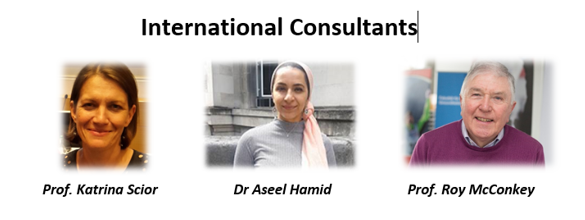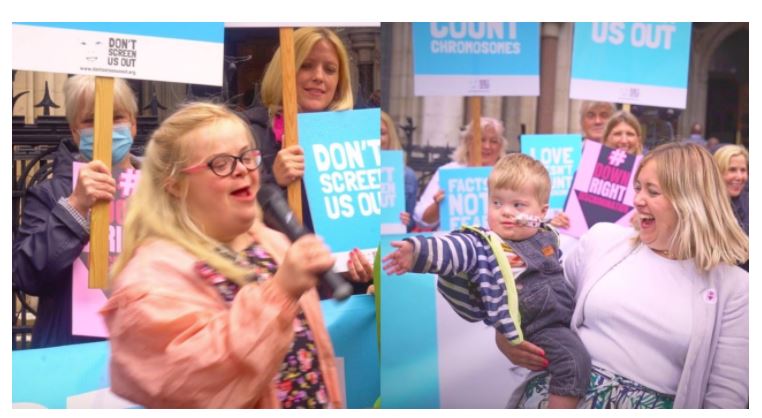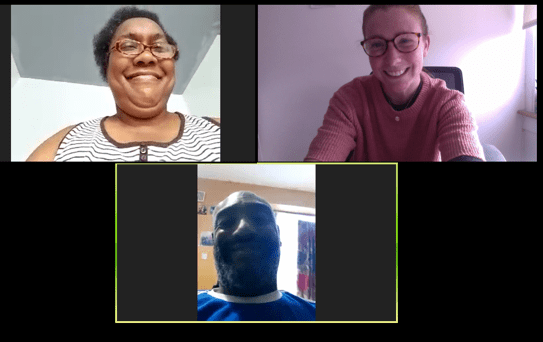Understanding and tackling intersectional stigma experienced by women and girls with disabilities
By Katrina Scior, on 3 December 2022
This blog post was jointly written with UNDP and UN Women and published in parallel by UNDP.
Across large parts of the world, girls and women of all ages with any form of disability face multiple forms of discrimination and inequalities, driven by multiple attitudinal barriers, prejudice and stereotypes. As a result, they are often excluded from the social and economic dividends of progress. They are at more likely to be illiterate, to be unemployed, living in poverty and hunger, and frequently are the targets of gender-based and sexual violence.
The impact of stigma and discrimination on people with disabilities – especially women – has long been recognized, but a strong understanding of disability stigma and how it affects opportunities and wellbeing has been hampered by the lack of robust data and internationally-recognised tools and methodologies. A lack of understanding of the underlying determinants that perpetuate stigma and discrimination has meant that we’ve sought to address these issues predominantly through social awareness campaigns.

Stigma Tool being administered by trained women with disabilities at the Disability Welfare Assoc. in Pakistan
The project Addressing stigma, discrimination and violence for empowering women with disabilities, jointly led by the UN Development Programme and UN Women, with funding from the UN Partnership on the Rights of Persons with Disabilities, has been working with researchers and partners in Moldova, Pakistan, Palestine, and Samoa. These countries act as pilot sites in seeking to develop a comprehensive understanding of stigmatising experiences of women and girls with disabilities and how to tackle them effectively. Women with diverse disabilities have been closely involved in the work in the four countries.
A new tool, developed in partnership between researchers from the UCL Unit for Stigma Research and partners in the four pilot countries, promises to improve our understanding of the range of stigmatising experiences faced by women with diverse disabilities and the role of intersecting sources of inequalities.
From Moldova to Samoa women with disabilities report widespread stigma, ranging from their families to wider structural discrimination. In Palestine, women recount being told to stay at home when everyone else set out for a family wedding, fired by their employer following a move to less accessible premises, or hit by a brother, frustrated that his deaf sister wasn’t responding to his (verbal) requests. (more…)
 Close
Close









